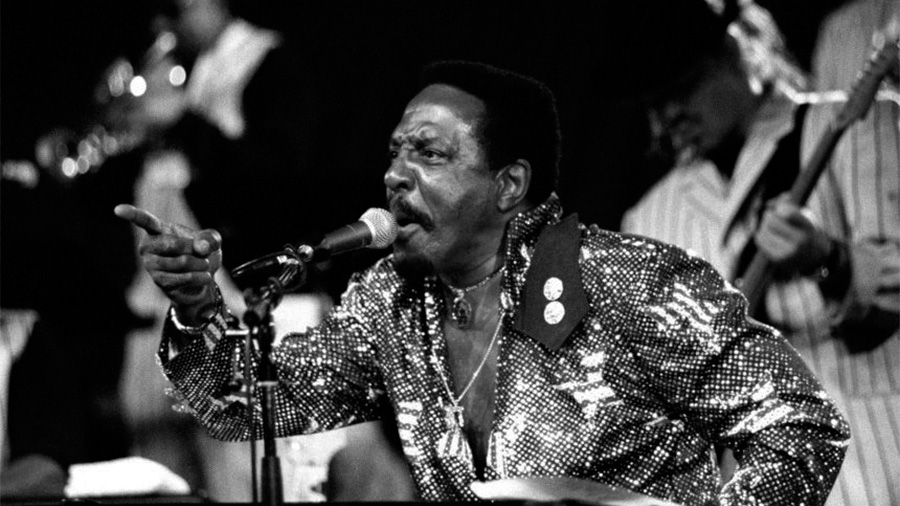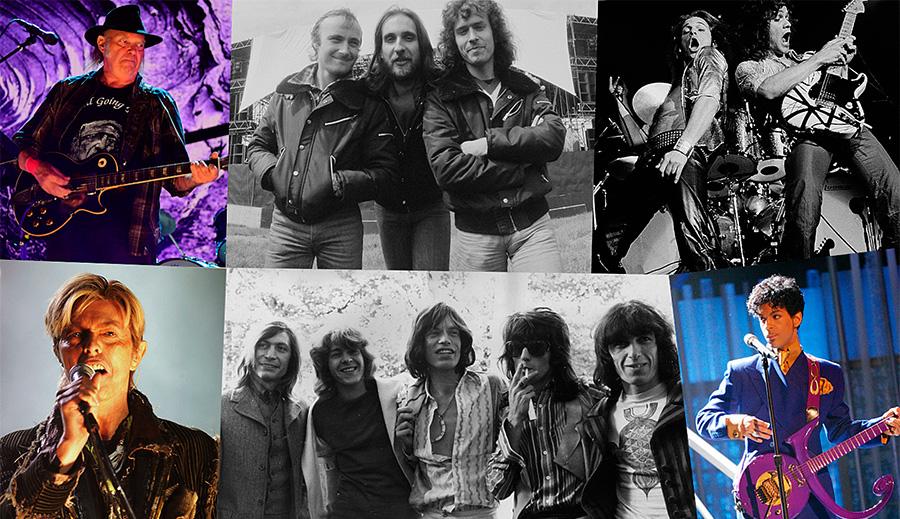Rock music, with its pulsating rhythms, electrifying guitar riffs, and rebellious spirit, has been a driving force in the world of music for decades. It’s a genre that has not only defined generations but has also transcended cultural boundaries. In this comprehensive exploration, we will journey through the annals of rock music, from its humble beginnings in the mid-20th century to its ever-evolving and diverse forms in the present day.
The Birth of Rock ‘n’ Roll

Our journey begins in the 1950s when the world was introduced to the electrifying sounds of rock ‘n’ roll. It was a genre that broke free from the constraints of traditional music, fusing elements of rhythm and blues, country, and gospel into something entirely new. Pioneers like Chuck Berry, Little Richard, and Elvis Presley ushered in this revolution, delivering unforgettable classics such as “Johnny B. Goode” and “Heartbreak Hotel.” These songs were like a musical earthquake, shaking the foundations of the music industry and paving the way for a rock revolution.
The British Invasion and the Beatles
As we move into the early 1960s, we witness the British Invasion, a watershed moment in the history of rock music. British bands such as The Beatles, The Rolling Stones, and The Who crossed the Atlantic and conquered American airwaves. The Beatles, in particular, revolutionized rock music with their innovative songwriting and studio techniques. Their groundbreaking album “Sgt. Pepper’s Lonely Hearts Club Band” pushed the boundaries of what rock music could be, both musically and culturally. The 1960s also saw the rise of psychedelic rock. Bands like Pink Floyd and Jefferson Airplane embraced mind-altering substances and experimental sounds to create a new, mind-expanding dimension of rock. The pinnacle of this era was the Woodstock Festival in 1969, a three-day event that drew over 400,000 people and featured legendary performances by artists such as Jimi Hendrix, Janis Joplin, and The Who. Woodstock remains a symbol of counterculture and the transformative power of music.
The 1970s: Arena Rock and Punk
The 1970s marked the diversification of rock into various subgenres. Arena rock, characterized by epic performances in large stadiums, became a dominant force with bands like Led Zeppelin and Queen leading the charge. Simultaneously, the punk rock movement emerged as a raw, rebellious response to the excesses of arena rock. The Ramones and The Sex Pistols spearheaded this movement, offering a stripped-down, in-your-face sound that resonated with a generation of disaffected youth.

The 1980s: Glam Metal and Alternative Rock
Moving into the 1980s, we witnessed the rise of glam metal. Bands like Guns N’ Roses and Motley Crue captivated the music industry with their flashy stage presence and radio-friendly hits. In contrast, the alternative rock scene, spearheaded by bands like R.E.M. and The Smiths, offered a more introspective and subversive approach to rock music. These artists addressed issues like alienation and political disillusionment, appealing to a diverse and growing audience.
The Modern Era: From Grunge to Indie and Beyond
The 1990s and beyond have brought further evolution and diversification to rock music. The grunge movement, led by bands like Nirvana and Pearl Jam, gave voice to Generation X, providing an authentic and gritty alternative to mainstream music. Simultaneously, the rise of indie rock allowed smaller, independent bands to gain recognition. Acts like The Strokes and Arcade Fire demonstrated that rock music’s DIY spirit was alive and well. Furthermore, the 21st century has witnessed the blurring of genre boundaries, with artists like Radiohead and Coldplay incorporating electronic elements into their rock sound, pushing the genre’s sonic frontiers. In conclusion, the chronological history of rock music is a testament to its enduring influence on music and culture. From its birth in the rebellious spirit of rock ‘n’ roll to the diversification and experimentation of contemporary rock, this genre has consistently adapted to the times and played a pivotal role in shaping popular culture. While it has faced challenges and transformations, the enduring appeal of rock music remains a testament to its timeless power and influence. As rock music continues to evolve, one can only wonder what exciting chapters lie ahead in its ever-expanding history. Rock on!

